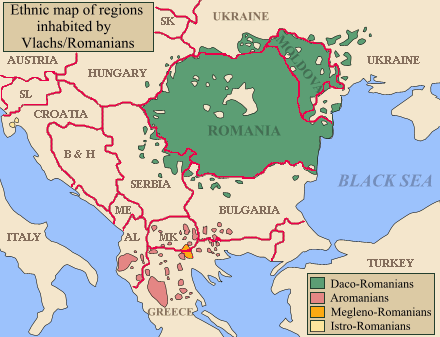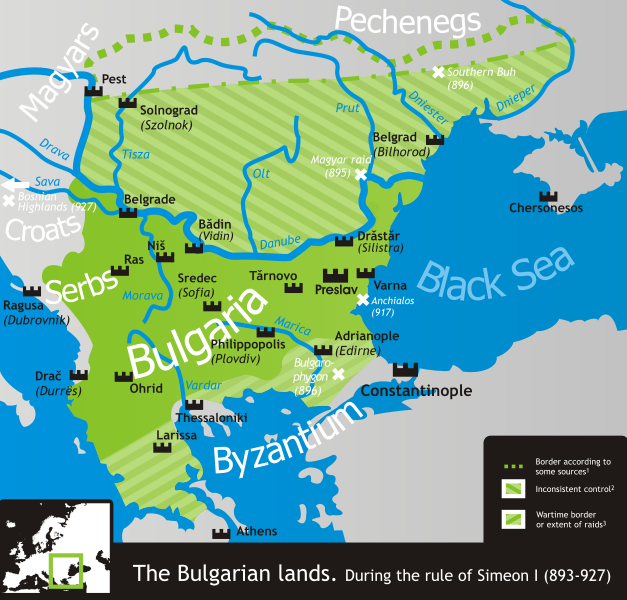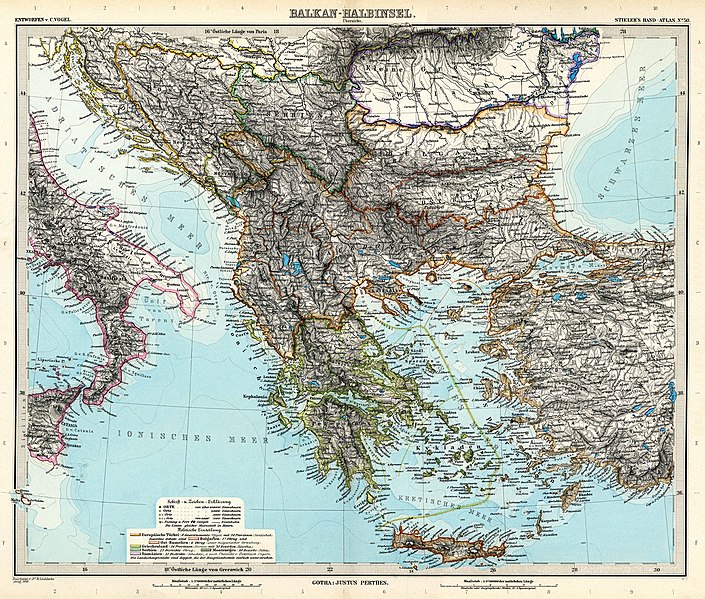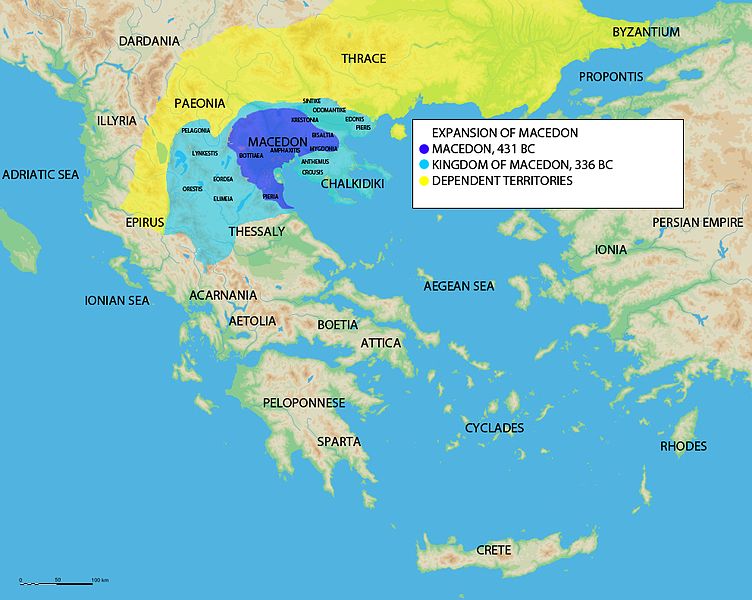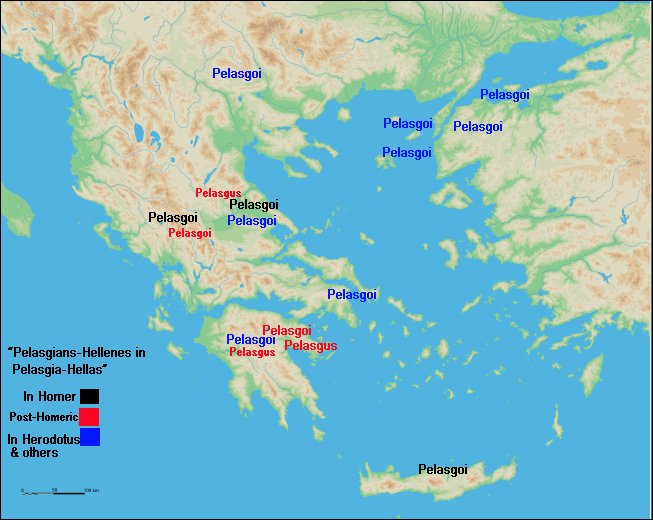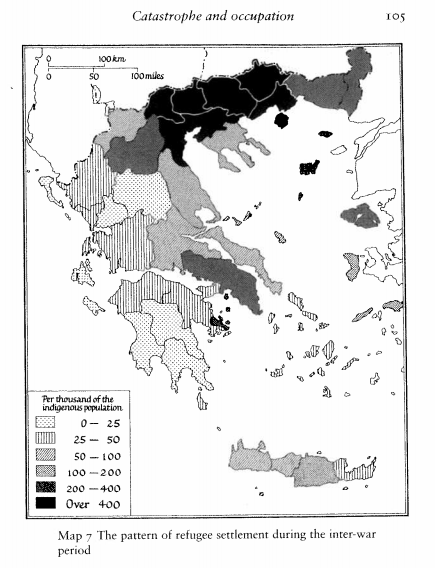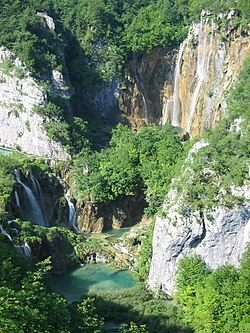Conspiracy Topics
http://www.abovetopsecret.com/forum/thread348619/pg1
Historically the philistines, the Babylonians and Persians conquered the land of Canaan which the Hebrew people called Israel, the Hebrew tribes of Manesseh and Dan joined forces and became the Macedonians or Macedanians (Manasseh + Dan = Macedanians) they wore white kilts like the Egyptian pharaohs, played goat skinned bagpipes, adopted the Greek culture and settled along the River Danube which they named after the tribe of Dan.
THE EMPIRE OF "THE CITY" (World Superstate)
Part 1
http://video.google.com/videoplay?docid=4675077383139148549#
Part 2
http://video.google.com/videoplay?docid=4675077383139148549#docid=-4430543376785758889
http://en.wikipedia.org/wiki/Eugene_N._Borza
Eugene N. Borza was a professor emeritus of ancient history at Pennsylvania State University. He has written many works on the ancient kingdom of Macedonia.
Published works
Eugene Borza
Who Were (and Are) the Macedonians?
(Abstract from a paper presented at the 1996 Annual meeting of the American PhilologicalAssociation
http://www.apaclassics.org/AnnualMeeting/96program.html)
This paper seeks to illuminate the problems associated with determining the ethnicity of the ancient Macedonians (were
they Greek?), and to discuss the "reverberations" (to use the organizers' term) of that issue in modem times. While the
1971 OED may regard the use of the word "ethnicity" as obsolete, no adequate substitute for the word exists. Indeed,
part of the discussion in my paper will, following the lead of Loring Danforth in his recent The Macedonian Conflict.-
Ethnic Nationalism in a Transnational World (Princeton 1995), attempt to illustrate some principles by which the "ethnicity"
of the ancient Macedonians--and, perhaps, other ancient peoples--can be discussed in a coherent manner.
Among the questions asked as appropriate to a methodological model of determining ethnicity are:
I. What were a people's origins and what language did they speak? From the surviving literary sources
(Hesiod, Herodotus, and Thucydides) there is little information about Macedonian origins, and the
archaeological data from the early period is sparse and inconclusive. On the matter of language, and despite
attempts to make Macedonian a dialect of Greek, one must accept the conclusion of the linguist R. A.
Crossland in the recent CAH, that an insufficient amount of Macedonian has survived to know what language
it was. But it is clear from later sources that Macedonian and Greek were mutually unintelligible in the court
of Alexander the Great. Moreover, the presence in Macedonia of inscriptions written in Greek is no more
proof that the Macedonians were Greek than, e.g., the existence of Greek inscriptions on Thracian vessels
and coins proves that the Thracians were Greeks.
II. Self-identity: what did the Macedonians say or think about themselves? Virtually nothing has survived
from the Macedonians themselves (they are among the silent peoples of antiquity), and very little remains in
the Classical and Hellenistic non-Macedonian sources about Macedonian attitudes.
III. What did others say about the Macedonians? Here there is a relative abundance of information from
Arrian, Plutarch (Alexander, Eumenes), Diodorus 17-20, Justin, Curtius Rufus, and Nepos (Eumenes),
based upon Greek and Greek-derived Latin sources. It is clear that over a five-century span of writing in two
languages representing a variety of historiographical and philosophical positions the ancient writers regarded
the Greeks and Macedonians as two separate and distinct peoples whose relationship was marked by
considerable antipathy, if not outright hostility.
IV. What is the nature of cultural expressions as revealed by archaeology? As above we are blessed with an
increasing amount of physical evidence revealing information about Macedonian tastes in art and decoration,
religion, political and economic institutions, architecture and settlement patterns. Clearly the Macedonians
were in many respects Hellenized, especially on the upper levels of their society, as demonstrated by the
excavations of Greek archaeologists over the past two decades. Yet there is much that is different, e. g., their
political institutions, burial practices, and religious monuments.
I will argue that, whoever the Macedonians were, they emerged as a people distinct from the Greeks who lived to the
south and east. In time their royal court--which probably did not have Greek origins (the tradition in Herodotus that the
Macedonian kings were descended from Argos is probably a piece of Macedonian royal propaganda)--became
Hellenized in many respects, and I shall review the influence of mainstream Greek culture on architecture, art, and literary
preferences.
Finally, a took at contemporary Balkan politics. The Greek government firmly maintains that the ancient Macedonians
were ethnic Greeks, and that any claim by the new Republic of Macedonia (The Former Yugoslav Republic of
Macedonia) to the name "Macedonia" and the symbols of ancient Macedonia is tantamount to an expropriation of Greek
history. Moreover, it is claimed that there is no such thing as a distinct Slavic Macedonian identity and language separate
from Bulgaria and Serbia.
I shall review the evidence for the existence of a modern Macedonian ethnicity with reference to my recent work in a
Macedonian ethnic community in Steelton, Pennsylvania. Both the gravestones in a local cemetery and U.S. census reports
from the early twentieth century provide evidence that emigres from Macedonia who lived and died in Steelton in the early
twentieth century considered themselves to be distinct from their Serbian and Bulgarian neighbors.
I shall conclude with a summary showing how the present conflict between Greeks and Macedonians in the Balkans is
characterized by both sides reaching back to antiquity to provide an often false historical basis to justify their respective
modem positions: the theme of "reverberations" as mentioned by the organizers of the panel.
http://en.wikipedia.org/wiki/Paeonia_(kingdom)

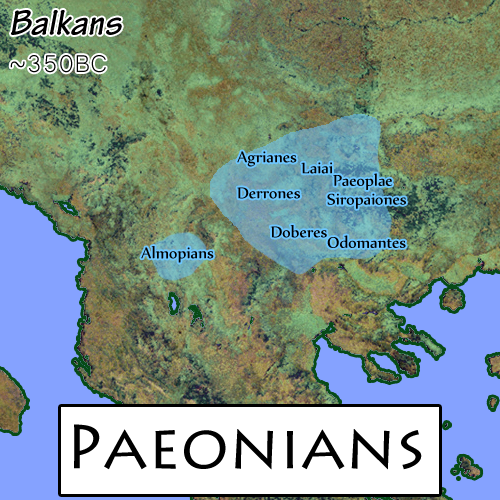 Paeonian tribes
Paeonian tribes
In ancient geography,
Paeonia or
Paionia (
Greek: Παιονία) was the land of the
Paeonians (
Ancient Greek Παίονες).
The exact boundaries of Paeonia, like the early history of its inhabitants, are very obscure, but it is known that they lay in the region of Thrace. In the time of
Classical Greece, Paeonia originally included the whole
Vardar River valley and the surrounding areas, in what is now the northern part of the
Greek region of
Macedonia, most of the present-day
Republic of Macedonia, and a small part of western
Bulgaria.
[1] It was located immediately north of ancient
Macedon (roughly corresponding to the modern
Greek region of
Macedonia) and south of
Dardania (roughly corresponding to modern-day
Kosovo). In the east were
Thracians and in the west the
Illyrians.
They seem to have been of either Thracian,[10] or of mixed Thraco-Illyrian origins.[11] Linguistically the Paeonian language has been variously connected to his neighboring languages - Illyrian and Thracian; (and every possible Thraco-Illyrian mix in between).[12] Several eastern Paeonian tribes including the
Agrianes, clearly fell within the Thracian sphere of influence. Yet according to the national legend (Herodotus v. 13), they were Teucrian colonists from
Troy.
Homer (
Iliad, book II, line 848) speaks of Paeonians from the
Axios fighting on the side of the
Trojans, but the Iliad does not mention whether the Paeonians were kin to the Trojans.
Homer gives the Paeonian leader as a certain Pyraechmes (parentage unknown); but later on in the Iliad (Book 21)Homer mentions a second leader, named Asteropaeus, son of Pelagon.
Before the reign of
Darius Hystaspes, they had made their way as far east as
Perinthus in
Thrace on the
Propontis. At one time all
Mygdonia, together with
Crestonia, was subject to them. When
Xerxes crossed
Chalcidice on his way to
Therma (later renamed
Thessalonica) he is said to have marched through Paeonian territory. They occupied the entire valley of the Axios (
Vardar) as far inland as
Stobi, the valleys to the east of it as far as the
Strymon and the country round
Astibus and the river of the same name, with the water of which they anointed their kings.
Emathia, roughly the district between the Haliacmon and Axios, was once called Paeonia; and Pieria and Pelagonia were inhabited by Paeonians. In consequence of the growth of Macedonian power, and under pressure from their Thracian neighbors, their territory was considerably diminished, and in historical times was limited to the north of Macedonia from Illyria to the Strymon.
In Greek mythology the Paeonians were said to have derived their name from Paeon the son of Endymion.[13]
In 360-359 BC, southern Paeonian tribes were launching raids into
Macedon, (
Diodorus XVI. 2.5) in support of an
Illyrian invasion. The Royal House,
Macedonias (of the Macedonians) was thrown into a state of uncertainty by the death of
Perdiccas, but
Philip II of Macedon (Philip Macedonias) assumed the throne, reformed the army (providing
phalanxes), and proceeded to stop both the
Illyrian invasion and the Paeonian raids through the boundary of the "Macedonian Frontier" which was the northern perimeter which King Phillip intended to defend as an area of his domain. He followed his success in 358 BC with a campaign deep into the north, into Paeonia itself.
This reduced the Paeonian kingdom (then ruled by Agis) to a semi-autonomous, subordinate status, which led to a process of gradual and formal Hellenization of the Paeonians. This also united Hellenic peoples and clans that had not belonged to another Hellenic state within that region.
At the time of the
Persian invasion, the Paeonians on the lower Strymon had lost, while those in the north maintained, their territorial determination. The daughter of
Audoleon, one of these kings, was the wife of
Pyrrhus, king of
Epirus, and
Alexander the Great wished to bestow the hand of his sister
Cynane upon
Langarus, who had shown himself loyal to Philip II. Alexander the Great's mother was from the Hellenic state of
Epirus and was an Epirot by blood. A genial dynasty also continued through the reigns of
Paeonian kings.
Map of Homeric Greece

In 280 BC the
Gallic invaders under
Brennus ravaged the land of the Paeonians, who, being further hard pressed by the
Dardani,
had no alternative but to join the Macedonians. Despite their combined efforts, however, the Paeonians and Macedonians were defeated. Paeonia consolidated again but in 217 BC the Macedonian king
Philip V of Macedon (220-179 BC), the son of Demetrius II, succeeded in uniting and incorporating into
his empire the separate regions of Dassaretia and Paeonia. A mere 70 years later (in 146 BC),
Roman legions conquered Macedon in turn. Paeonia around the Axios formed the second and third districts respectively of the
Roman province of Macedonia (Livy xiv. 29). Centuries later under
Diocletian, Paeonia and
Pelagonia formed a province called
Macedonia secunda or
Macedonia Salutaris, belonging to the
Praetorian prefecture of Illyricum.
By AD 400, however, the Paeonians had lost their identity, and the term Paeonia was rendered a mere geographic identifier.
The Paeonians included several independent tribes, all later united under the rule of a single king. Little is known of their manners and customs. They adopted the cult of
Dionysus, known amongst them as
Dyalus or
Dryalus, and Herodotus mentions that the
Thracian and Paeonian women offered sacrifice to Queen
Artemis (probably
Bendis). They worshipped the sun in the form of a small round disk fixed on the top of a pole. A passage in
Athenaeus seems to indicate the affinity of their
language with
Mysian. They drank barley
beer and various decoctions made from plants and herbs. The country was rich in
gold and a
bituminous kind of wood (or stone, which burst into a blaze when in contact with water) called tanrivoc (or tsarivos).
http://en.wikipedia.org/wiki/Pelagon
There are several figures named
Pelagon (Πελάγων, -όνος) in
Greek mythology.
- Pelagon, the King of Phocis who gives Cadmus the cow that will guide him to Boeotia.
- A second Pelagon is given in the Iliad as the father of the Paeonian warrior Asteropaeus, son of the river-god Axius and Periboea. Presumably this Pelagon was the eponymous founder of Pelagonia.
- A different Pelagon in the Iliad is an "illustrious" companion of Sarpedon, who removes Tlepolemus' spear from Sarpedon's thigh.[1]
- Pelagon (also called Pelasgus) was a son of the river-god Asopus by Metope.
http://en.wikipedia.org/wiki/Pelagonia
Pelagonia (
Greek: Πελαγονíα ,
Macedonian: Пелагонија,
Pelagonija) is a geographical region of
Macedonia, with different borders between ancient and modern times.
In antiquity, it was roughly bounded by
Dardania to the far north,
Illyria to the west and north,
Paionia to the east, and
Lynkestis to the south and west. Ancient Pelagonia is located in south-western regions of modern
Republic of Macedonia.
[1] Later the region was annexed to the
Macedonian kingdom during the 4th century BC. In medieval times, when the names of
Lynkestis and
Orestis had become obsolete, Pelagonia acquired a broader meaning. This is why the
Battle of Pelagonia (1259) between Byzantines and Latins includes also the
Kastoria Prefecture, modern
Macedonia (Greece), ancient Orestis.Today, Pelagonia is a
plain shared between the
Republic of Macedonia and
Greece. It incorporates the southern towns of
Bitola and
Prilep in the Republic of Macedonia and the northwestern Greek Macedonian city
Florina in Greece; it is also the location of the lower key border crossing between the two countries
Medžitlija-Niki.
http://en.wikipedia.org/wiki/Pelasgus
In
Greek mythology,
Pelasgus was the eponymous ancestor of the
Pelasgians, the mythical inhabitants of
Greece who established the worship of the
Dodonaean Zeus,
Hephaestus, the
Cabeiri, and other divinities. In the different parts of the country once occupied by Pelasgians, there existed different traditions as to the origin and connection of Pelasgus. The
Ancient Greeks used to believe even he was the first man.
What makes Paeonians more or less Greek?
They mixed with Macedonians or other people and lost identity?
To conclude, FYROM people are much more likely to origin from Paeonians than from ancient Macedonians?
Based on what? Maps? Language? Genetics? History?



